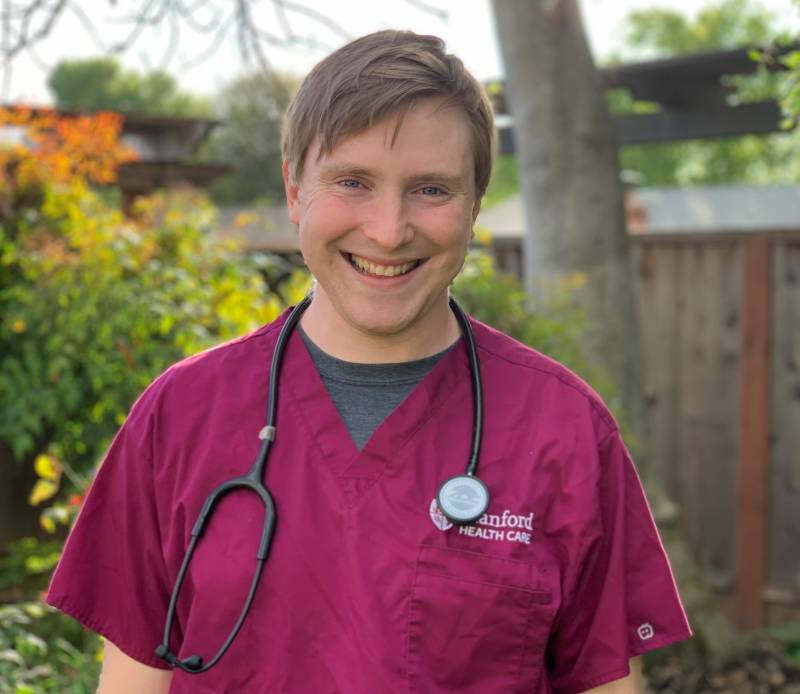Brian Smith is in the early stages of his medical education but he’s already seen first-hand the difference between guilt and shame.
You all need to be less hard on yourselves.
Let me rephrase that. Sometimes you need to cut yourselves a little slack.
These are the thoughts that crossed my mind often last year. Before starting medical school, I worked as a scribe at Stanford’s South Bay Cancer Center. My patients and their families brought up many common themes in the over 3,000 appointments I was in - fear for the future, determination in the face of the unimaginable, and gratitude for the love and support around them.
Another concept patients and their loved ones brought up frequently was guilt. It snuck into appointments - guilt that someone hadn’t given up smoking earlier, guilt that they’d skipped a mammogram, guilt that they may have passed on a genetic predisposition for cancer to their children. In one appointment with a patient and his wife in their late 80s, the patient’s wife began to cry. She said she was managing her husband’s medications and was worried she’d messed them up, leading to the cancer progression they could see on his latest PET scan. She said, “I feel like a terrible person. I feel worthless.”
Guilt can be helpful sometimes. Emphasis on sometimes. If you’ve hurt someone else, feeling guilty is normal and can help you learn from that mistake. What I heard from my patients and their families, though - that’s not guilt. That’s shame.
Shame is feeling like some part of yourself is fundamentally flawed. That who we are when we make mistakes defines us. That’s not realistic, and it’s not healthy.
I’m here to remind you that there is enough negativity in the world, and I think we could all use a little more compassion for ourselves. So the next time you make a mistake and are tempted to blame it on who you are as a person, ask yourself, “Is this helpful guilt or unhelpful shame?”
If it’s guilt, take the lesson and move on. If it’s shame, remind yourself that you are doing your best and that our lives are defined in the long term, not by a single mistake.
With a Perspective, I’m Brian Smith.
Brian Smith is a first-year medical student at Stanford.
